Autism Spectrum Disorder Tied to Higher Risk for Self-Harm
 People with autism spectrum disorder (ASD) are at substantially increased risk of self-injury and suicide, according to a new study at Columbia University Mailman School of Public Health and Columbia College of Physicians and Surgeons. Researchers found that the odds of self-harm in people with autism spectrum disorder were over three times that of people without ASD. Read more ›
People with autism spectrum disorder (ASD) are at substantially increased risk of self-injury and suicide, according to a new study at Columbia University Mailman School of Public Health and Columbia College of Physicians and Surgeons. Researchers found that the odds of self-harm in people with autism spectrum disorder were over three times that of people without ASD. Read more ›

 Eighteen long months ago, as surreal rumors of a shelter-in-place order for the Bay Area began to percolate, CHC immediately transitioned to a remote-first model of care for kids, teens and young adults.
Eighteen long months ago, as surreal rumors of a shelter-in-place order for the Bay Area began to percolate, CHC immediately transitioned to a remote-first model of care for kids, teens and young adults. 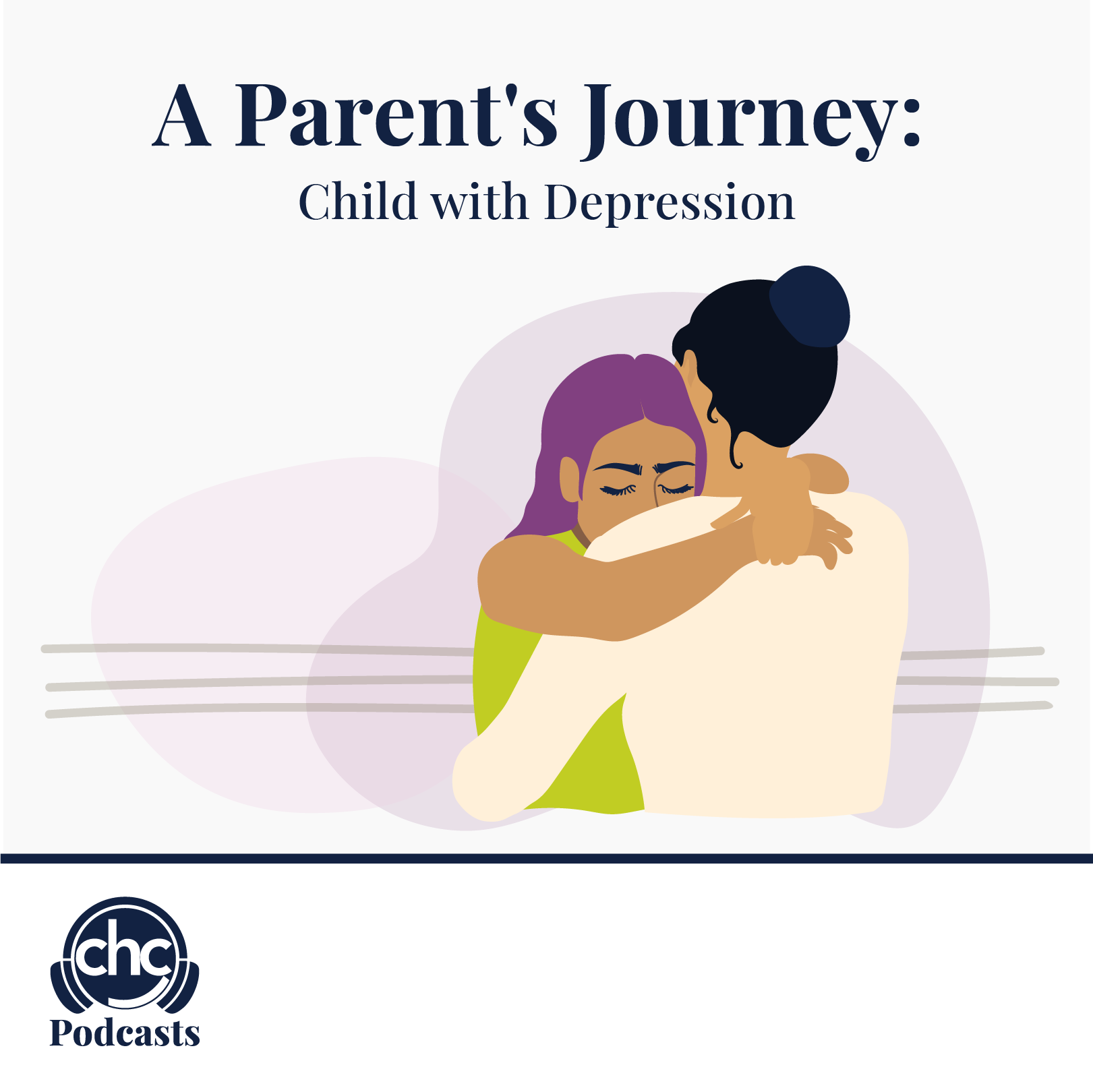
 From panic attacks to self-harm, one brave mom shares her story of supporting her daughter with anxiety and depression.
From panic attacks to self-harm, one brave mom shares her story of supporting her daughter with anxiety and depression.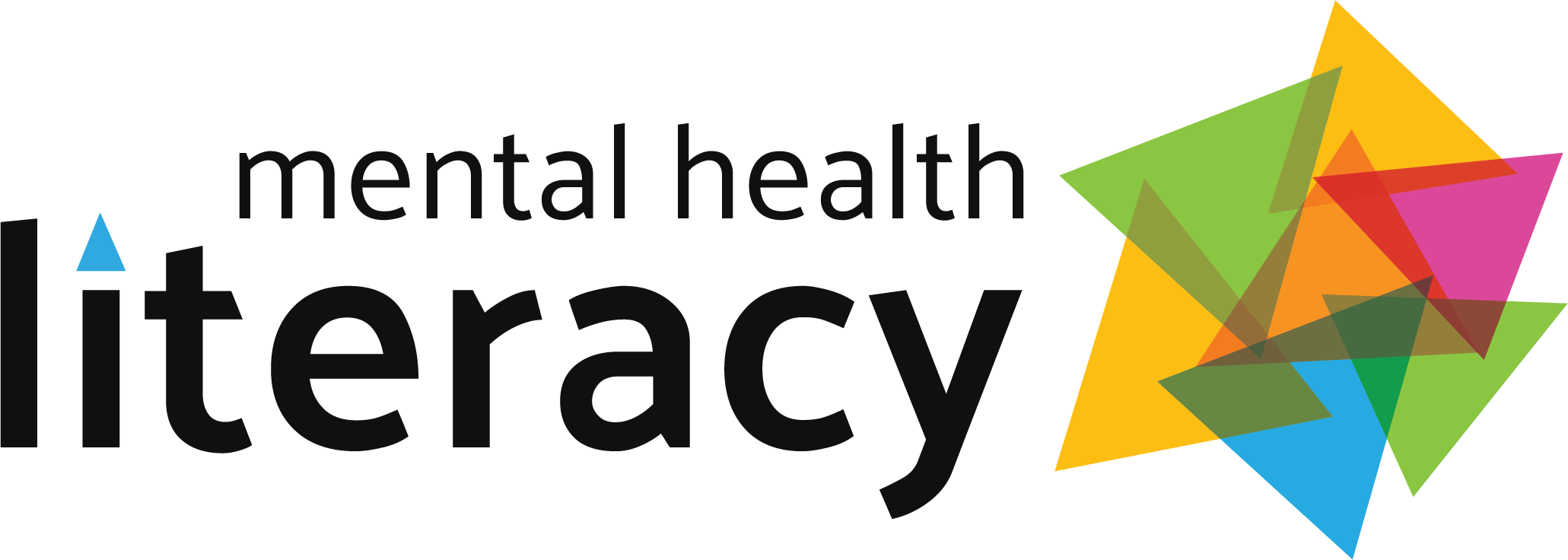

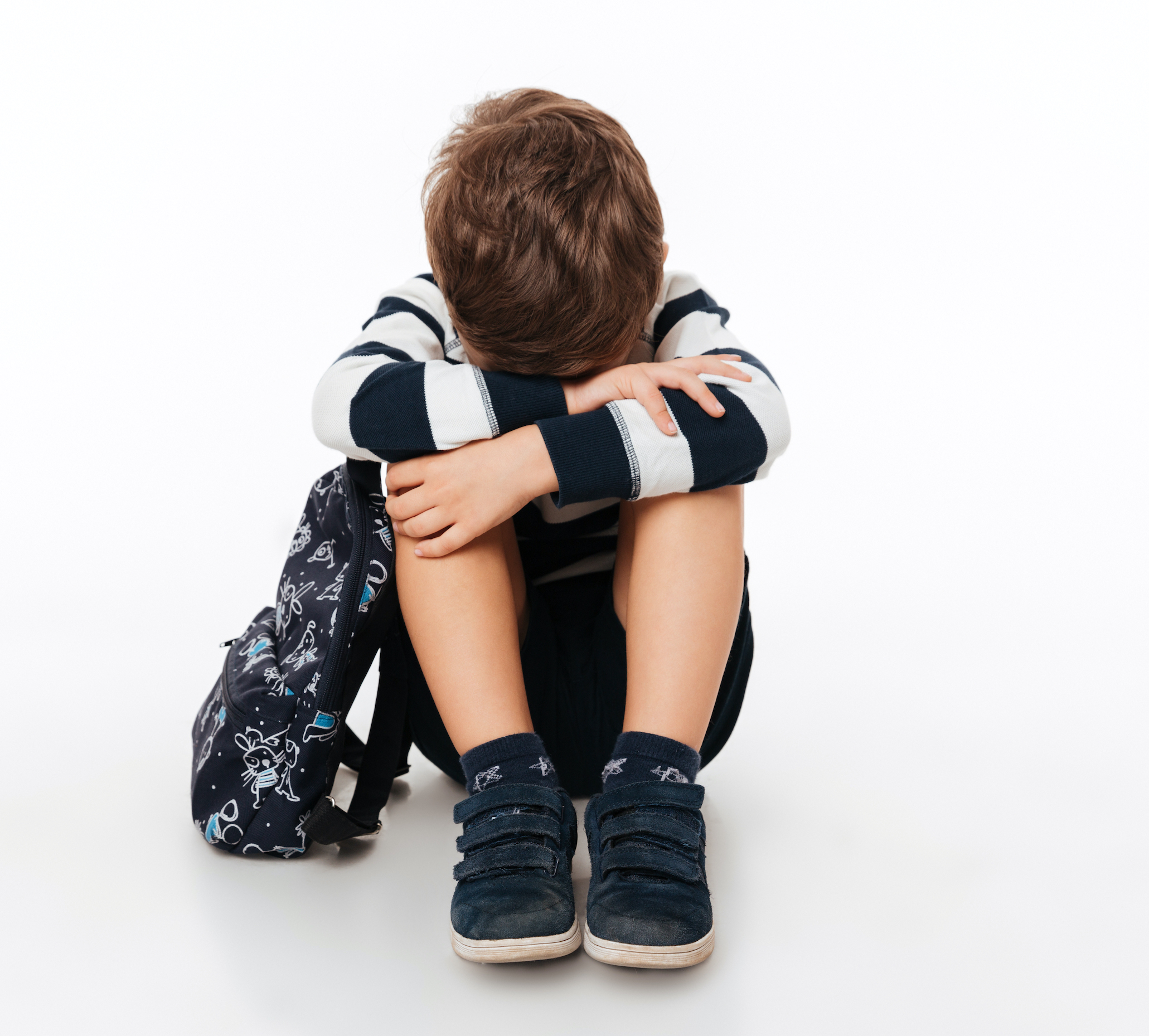
 While suicidal thoughts and self-harm have been
While suicidal thoughts and self-harm have been 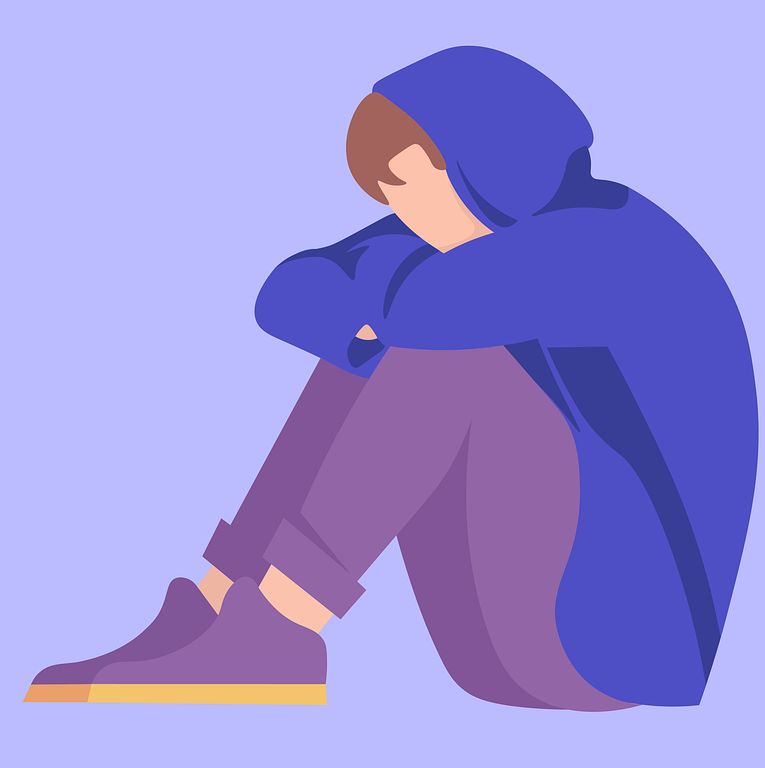
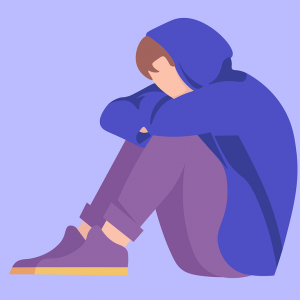 If you are worried about a teenager you care about, here’s how to start the conversation and when to get professional help.
If you are worried about a teenager you care about, here’s how to start the conversation and when to get professional help. 
 As early as last spring, psychologists were warning that even as children and teens were spared most of the physical impact of the COVID-19 pandemic, the shuttering of schools, the lack of contact with friends and the loss of milestones like birthday parties, graduations and more would exact a heavy emotional and developmental price. Now, a year on, the numbers are in—and they’re in some ways worse than the experts feared.
As early as last spring, psychologists were warning that even as children and teens were spared most of the physical impact of the COVID-19 pandemic, the shuttering of schools, the lack of contact with friends and the loss of milestones like birthday parties, graduations and more would exact a heavy emotional and developmental price. Now, a year on, the numbers are in—and they’re in some ways worse than the experts feared. 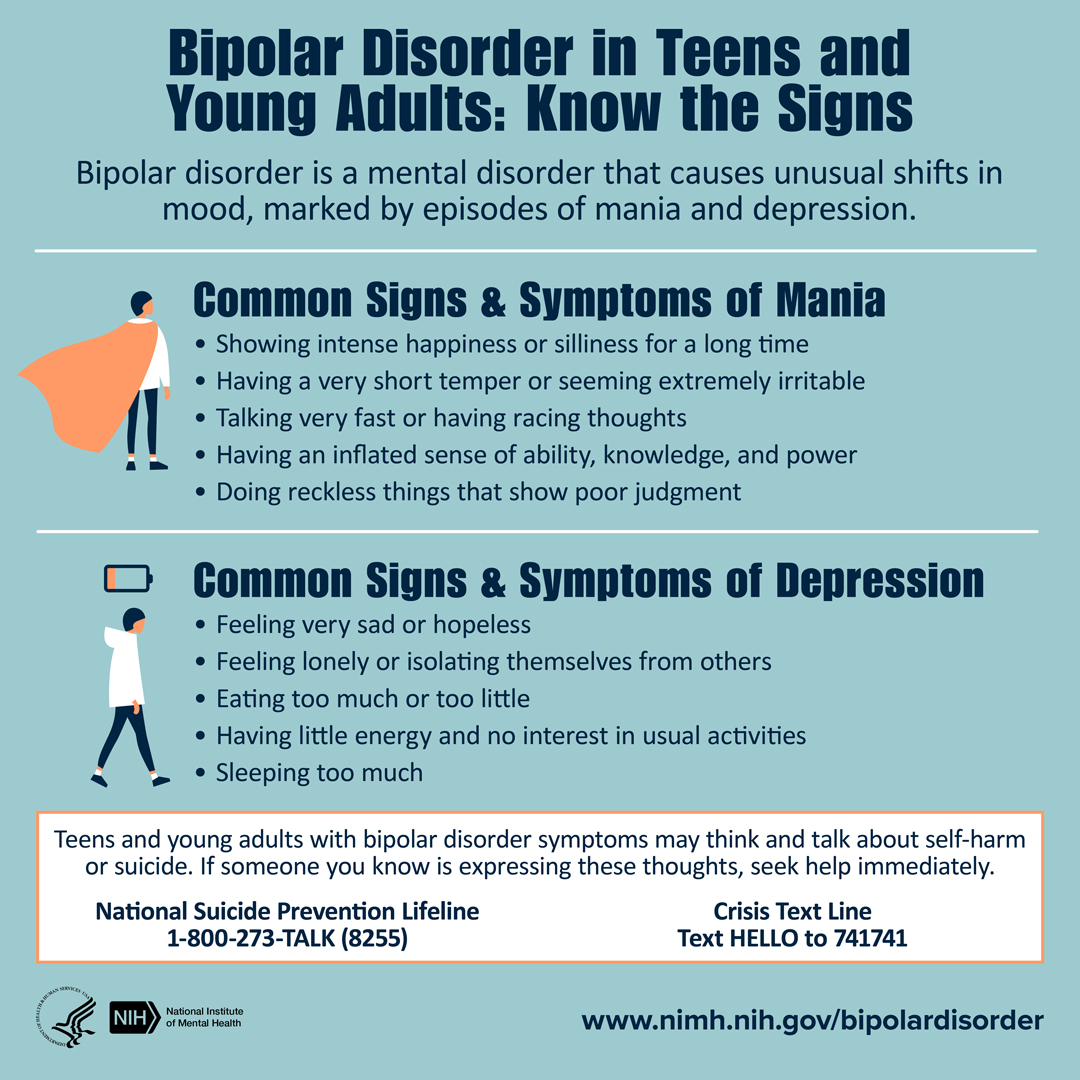
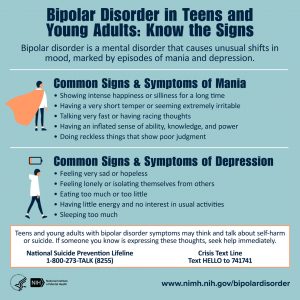 Bipolar disorder is a mental disorder that causes unusual shifts in mood, marked by episodes of mania and depression. Bipolar disorder is not the same as the typical ups and downs every kid goes through. The mood swings are more extreme and accompanied by changes in sleep, energy level, and the ability to think clearly. Know the signs and symptoms.
Bipolar disorder is a mental disorder that causes unusual shifts in mood, marked by episodes of mania and depression. Bipolar disorder is not the same as the typical ups and downs every kid goes through. The mood swings are more extreme and accompanied by changes in sleep, energy level, and the ability to think clearly. Know the signs and symptoms. 


 Self-harm is not a mental disorder. It is a behavior – an unhealthy way to cope with strong feelings.
Self-harm is not a mental disorder. It is a behavior – an unhealthy way to cope with strong feelings.

